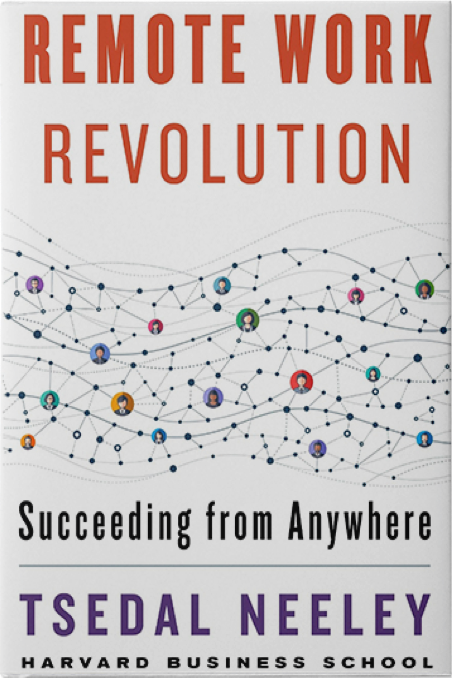Over the past two decades, organizations seeking global expansion have been mandating an English lingua franca, or common language, to facilitate global collaboration regardless of the country location of their headquarters. With well over a billion English speakers worldwide, organizations adopt English as a lingua franca for multiple reasons: (i) to more efficiently manage tasks that are spread across members in different countries with diverse native languages (Neeley, 2013, 2012; Feeley and Harzing, 2003); (ii) to ease knowledge sharing and foster integration after mergers and acquisitions of companies with employees from multiple linguistic backgrounds (Welch, Welch, and Piekkari, 2005); and (iii) to streamline communication with customers, partners, suppliers, and competitors who have started using English exclusively as a result of their own globalization (Neeley, 2012, 2013). In short, organizations migrate to an accessible and unifying language to more effectively extend their global reach.
Historically, powerful civilizations that have extended their global reach have influenced the language that ultimately becomes the lingua franca (Crystal, 2003; Tietze, 2008). In the modern era, Anglophone dominance of communication technologies and trends in market growth have promoted the rise of English as the lingua franca for international work, particularly over the last century (Graddol, 1997; Maurais, 2003). The emergence of English as a global lingua franca is also attributed to the social, political, military, and worldwide economic power of its native speakers (Pennycook, 1994); in particular, Britain’s colonial history and America’s prominence on the world stage have contributed to the diffusion of the English language (Crystal, 2003). Many studies have placed this discussion of Anglophone influence in other historical contexts: Pennycook (1994) notes the role of the British as educators in underdeveloped nations; of Americans as largescale philanthropists; Graddol (1997) highlights the role of American popular culture, such as MTV, in spreading knowledge of English on a global scale; and Labrie and Quell (1997) cite the economic role of the British and America in abetting the spread of English worldwide. Despite abundant research on English’s ascent as a global language, much less intellectual energy has been dedicated to understanding its use as a lingua franca in global organizations.


